There’s a long tradition of people moving to New York state to run for office. Decades before the term “carpetbagging” was even coined, Rufus King moved from Massachusetts to New York City in 1788 and was elected as one of the state’s first U.S. senators the following year. After the Civil War, some New Yorkers packed up their “carpetbags” and headed south to try their political luck in the conquered Confederacy. By the time Hillary Clinton moved to Chappaqua to make her own run nearly 150 years later, she was hardly the first politician in New York to relocate in search of elected office.
While it would seem politically prudent to have longtime ties to the community you want to represent, there are plenty of examples of New York elected officials who managed to win as outsiders. Here are several notable cases.
Robert F. Kennedy
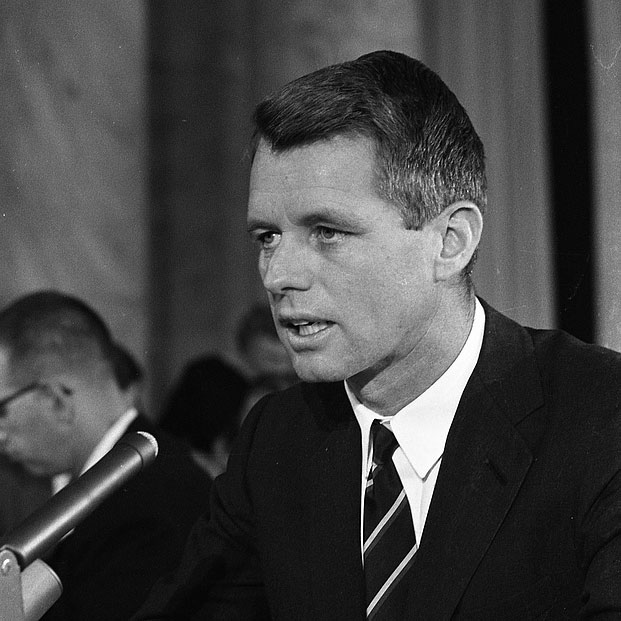
The U.S. attorney general was looking for a new gig after his brother died and decided in 1964 to run for U.S. Senate in New York despite having few local ties. Kennedy’s victory over Republican Sen. Kenneth Keating showed that it is easy to win as a carpetbagger as long as you have a famous name, personal charisma and powerful friends.
Al Sharpton
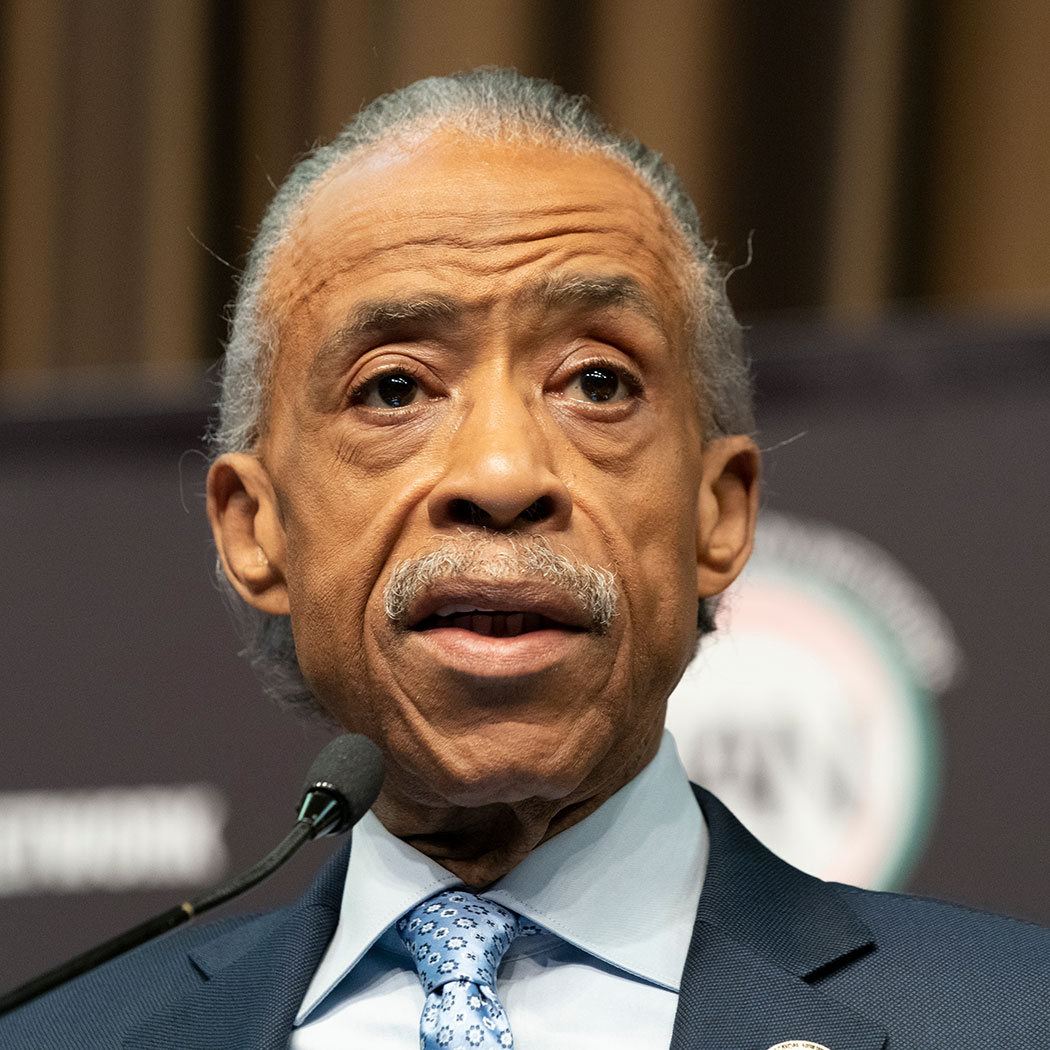
The civil rights activist claimed to live in Brooklyn during his failed 1992 run in the Democratic primary for U.S. Senate, even though he and his family had a home in New Jersey at the time. Sharpton, who then moved to a house in Brooklyn during his 1997 run for mayor, sued the New York Post in 2000 after columnist Andrea Peyser called him a “carpetbagger from New Jersey” – and he lost that one too.
Sean Patrick Maloney
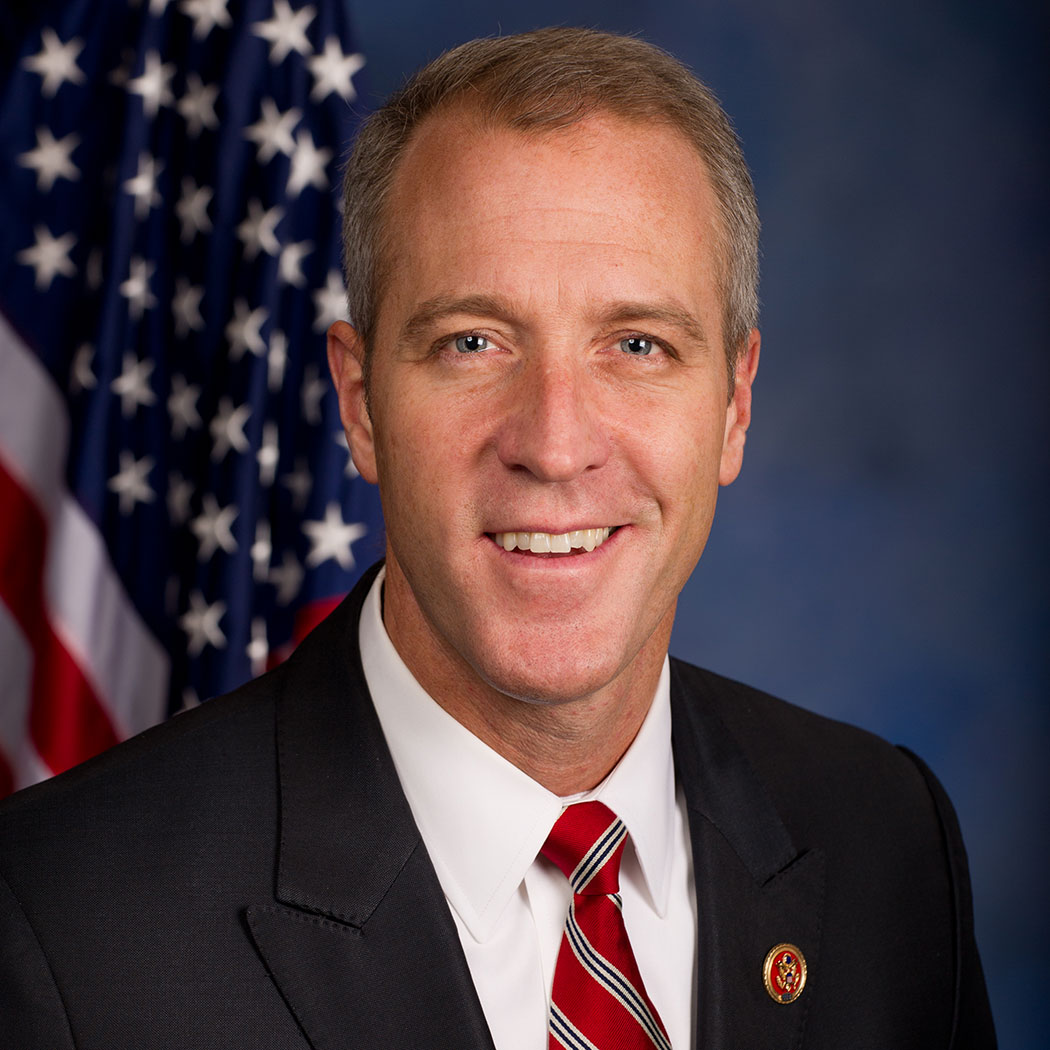
The Clinton White House alum laid the groundwork for a return to Washington by moving to Cold Spring in Putnam County soon before the 2012 election – drawing criticism from Republican Rep. Nan Hayworth. The Democrat, who was born in Canada and grew up in New Hampshire, said he and his husband had split time between nearby Sullivan County and Manhattan for years – and he ultimately edged out Hayworth.
Sean Eldridge

Facebook co-founder Chris Hughes had already bought a $5 million house in the 18th Congressional District when his husband – political newcomer Sean Eldridge – decided that the adjoining 19th Congressional District was a better place to run in 2014. Millions of dollars later, voters were not buying what the Democrat was selling and he lost badly to Republican Rep. Chris Gibson in the Hudson Valley swing district.
Zephyr Teachout
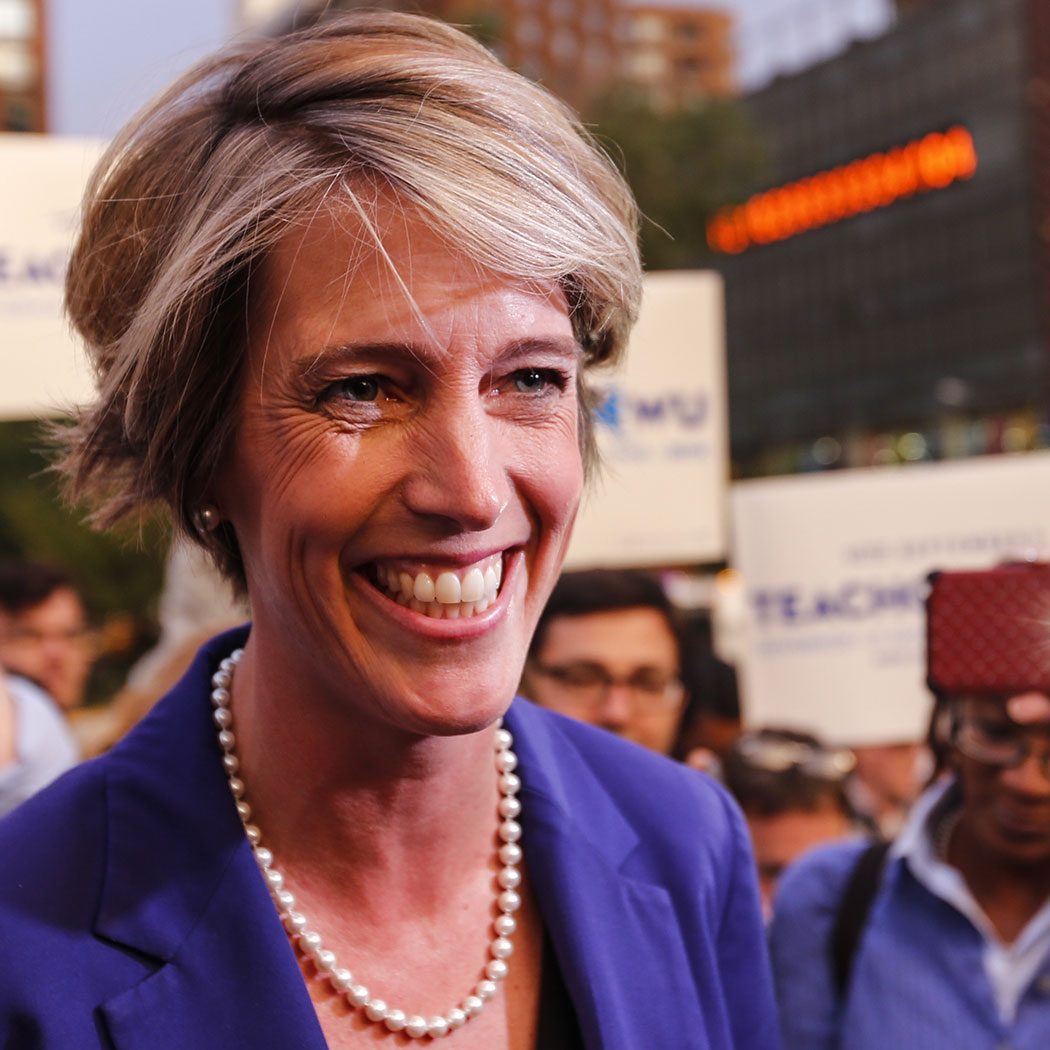
The Fordham University law professor moved to the Hudson Valley a year before announcing her 2016 run for the House seat being vacated by Chris Gibson. Her Republican rival, John Faso, did not let voters forget where the Brooklyn transplant came from. While the race had appeared to be a toss-up, his attacks on her as an out-of-touch liberal ultimately helped him win.
Antonio Delgado

Even though Delgado grew up in nearby Schenectady, Faso tried to label him as an outsider in their 2018 congressional race. But Faso calling Delgado a “big city rapper” in reference to his time pursuing a music career in Los Angeles stirred a backlash that helped Delgado become the first person of color to represent the upstate district in Congress. (And to be fair, Faso grew up in Long Island and moved to the area a few years before mounting his first Assembly bid.)
Max Rose
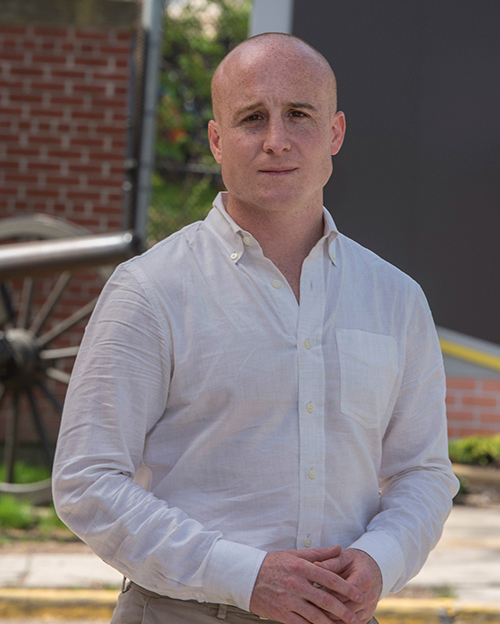
The Park Slope native had to work hard to convince Staten Islanders in 2018 that he had moved to the borough from Brooklyn for reasons other than running for office. Native son Rep. Dan Donovan called the Democrat a “carpetbagger,” but the political newcomer proved that knocking on lots of door and bashing Mayor Bill de Blasio can go a long way toward winning a close race in the “forgotten borough.”
Chris Collins and Nate McMurray
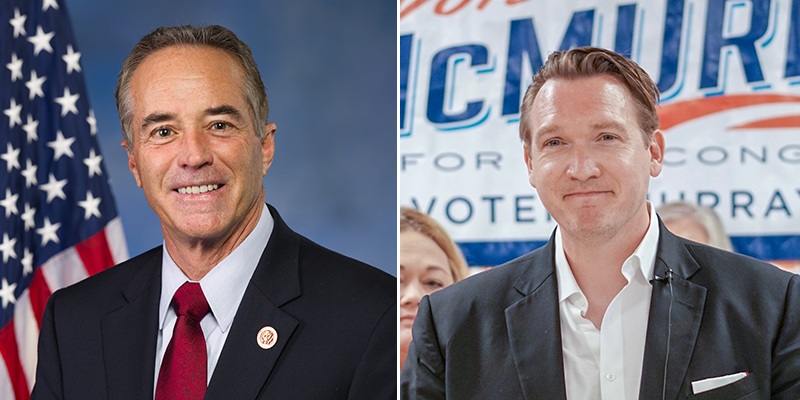
Incumbent Republican Rep. Chris Collins forgot something about glass houses when he attacked Democratic challenger Nate McMurray in 2018. While the Grand Island supervisor did live outside the boundaries of the 27th Congressional District, Collins did the same thing when he challenged Rep. John LaFalce in the old 29th Congressional District 20 years prior.
Hillary Clinton
After moving from the White House to Chappaqua, then-first lady Hillary Clinton initially faced a formidable opponent in New York City Mayor Rudy Giuliani during her 2000 campaign for the U.S. Senate. But he later dropped out for personal reasons and Clinton handily beat Rep. Rick Lazio to win the seat, which served as a launching pad for her presidential campaigns and stint as secretary of state.


